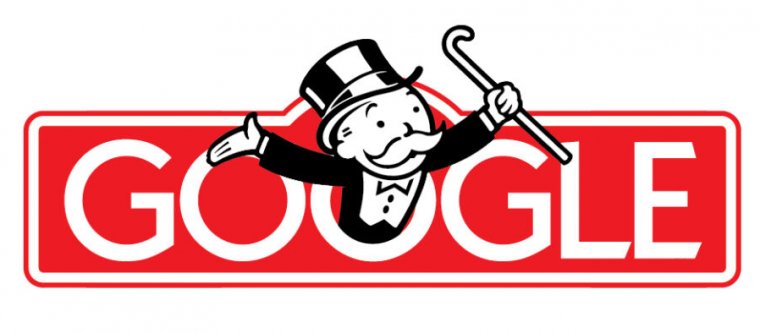
Ron Amadeo / Hasbro
Google is being sued in the European Union again over anti-competitive shopping practices.
The EU Commission ruled in 2017 that Google’s preferential treatment of its own Google Shopping product in search results was illegal, and it slapped the company with a record-setting fine of 2.4 billion euros. The penalty was upheld in an appeal in 2021. Now, price-comparison service PriceRunner is suing Google for the harm it says was caused to its business over the last 12 years. PriceRunner is starting the suit at 2.1 billion euros, but “since the violation is still ongoing, the amount of damages increases every day,” the company said. “We expect the final damages amount of the lawsuit to be significantly higher.”
In a press release, PriceRunner Chief Executive Mikael Lindahl said the company is suing Google for “the damage Google has caused us during many years.” But the company also sees the lawsuit “as a fight for consumers who have suffered tremendously from Google’s infringement of the competition law for the past fourteen years and still today,” Lindahl wrote.
Google’s original shopping-comparison product—first called “Froogle” and later renamed to the more sterilized “Google Product Search”—existed from 2002 to 2012 as a useful, organic view of all the shopping items Google’s web crawler could find. Google killed this product in 2012 to launch “Google Shopping,” an ad platform in the guise of product search. From 2012 to 2020, Google stopped crawling the web for products and only showed paid-for product ads on the Shopping site and at the top of Google searches. Changes were made in April 2020, and now, if you scroll down on the Shopping page, you’ll see non-ad listings. But the listings come only from participating merchant data feeds; they’re not indexed, organic search results. No matter what was going on behind the scenes, Google would pin these shopping results to the top of search results above any competitors, and the EU Commission ruled this action was anti-competitive.
PriceRunner says Google artificial shopping listings are hurting consumers, too:
Accountancy company Grant Thornton has established that prices for the offers shown in Google’s own comparison shopping service are 12-14 percent higher than from other services. For the most popular areas, clothes and shoes prices, these are 16-37 percent higher. As a result of Google’s violation, European consumers are estimated to be overpaying billions every year.
PriceRunner says it expects the battle to “take several years” and says it has “secured external funding that is deemed to cover all litigation costs.”
